Chances are high that you’d find three things if you time-traveled back to the 1930’s jazz scene in New York City: World-class music, cool cats and weed.
In spite of an official crackdown at the time, famously exhibited in the propaganda film “Reefer Madness,” Marijuana’s popularity eventually spread beyond jazz and other marginalized groups into white communities.
The stigma associated with cannabis shifted slightly with the 1944 release of the New York Academy of Medicine’s Laguardia Report, which, as The New York Times points out, “debunked the myth of the murderous marijuana fiend.”
White hippies marched in favor of “pot” during the 1960’s and, according to the Drug Policy Alliance (DPA), New York State decriminalized marijuana possession in 1977. The late ’80s then spawned an early version of the legal marijuana movement called “Green Aid,” which supplied herb to patients living with AIDS, reports The Times.
Some would say all hell broke loose in NYC during the 1990s.
Black and Brown people were disproportionately targeted for weed arrests under Mayor Giuliani’s brutal and racist “stop and frisk” policy. According to the DPA, NYC earned a reputation as the “Marijuana Arrest Capital of the World,” a title it shamefully still holds today.
The DPA reports, “Since 1996, the New York City Police Department has made nearly 600,000 arrests for possession of small amounts of marijuana…84% of all those arrested are Black and Latino, even though whites use marijuana at higher rates.”
Similar to 10 other states and Washington D.C., NY is presently on the verge of full legalization of cannabis. “Let’s legalize the adult use of recreational marijuana once and for all,” NY Governor Andrew Cuomo said in a 2018 speech outlining his upcoming third term.
theBluntness sat down with one black market weed dealer who entered the NYC scene, after moving from New England, during the chaos of the 90s. He asked us not to reveal his name but opened up about life as he tries to prepare for major changes on the horizon. He comfortably provides for his family by selling edibles and flowers through his Manhattan delivery service.
How did you get started in your business?
I started in high school.
After work, my friends and I would go pick up a quarter and I’d hook them up with joints. We would double roll the paper to make them look bigger, and then we’d sell them at school. It was really just about smoking for free.
After that, I went to college in Vermont and weed was everywhere. It was all coming from Canada. A lot of my friends were big dealers, but I was kind of small time. I would move like a quarter pound here and there, but it was basically just food money. Then I came to NY and my boy put me on. He had too many clients so he would throw me clients supply me.
Why did you want to do this for a living?
I started doing this cause of the money. It was an opportunity to have my own schedule and have my own life. It was freedom to do whatever.
How have things changed for you?
I still have freedom, but now it’s more of a job than something cool to do.
Clients are more particular and educated about weed. Their demands have increased and they’re very clear about what strains they want to buy. It used to be that people bought what you were selling, but now I have to be do more work to make sure I’m providing what people want.
Do you support the NY Governor’s efforts to legalize cannabis?
My connections are in California and I don’t know if they will force me to buy from NY growers as they build an infrastructure here. I might not be able to move the way I do now. It might sound hypocritical, but it could cut into my lifestyle. I know it’s coming, though. We’re basically living through prohibition now and the laws have to change.
How will you adjust to legalization?
I think what’s really going to happen is I’ll just keep doing what I’ve been doing once weed becomes legal. I’ll undercut what they’re doing legally and continue to sell on the black market.
That being said, if I could create my own ideal situation, I would have a my own spot where people could come and buy my product. I went to a place in Barcelona once that had good music, alcohol and you could buy trees. It was a great vibe. I’d like to have something like that and expand from there with delivery things like that.
Do you see a path to achieving that dream?
I don’t know. There’s a lot of unknowns. Who knows what kind of rules and regulations they will put on us. I’ve been rolling like this for a long time. I know how to maneuver and operate now. I think once it becomes federally legal I could see it myself achieving my ideal situation. I would have more freedom in that case. And I wouldn’t have to follow as many strict rules.
Are you constantly worried about risks?
It gets scary on the black market. I have to worry about getting robbed, I have to worry about police and then I have to worry about the taxman. I do want to have peace of mind and I want me and my family to feel safe. But I also have to make sure I’m able to make money and provide.
Shani Saxon is a freelance writer, editor and film story producer. A former editor at Vibe and digital content executive at BET, her favorite song is Peter Tosh’s “Legalize It.”
Are you still missing out on The Bluntness newsletter? Sign Up today to stay in the loop.
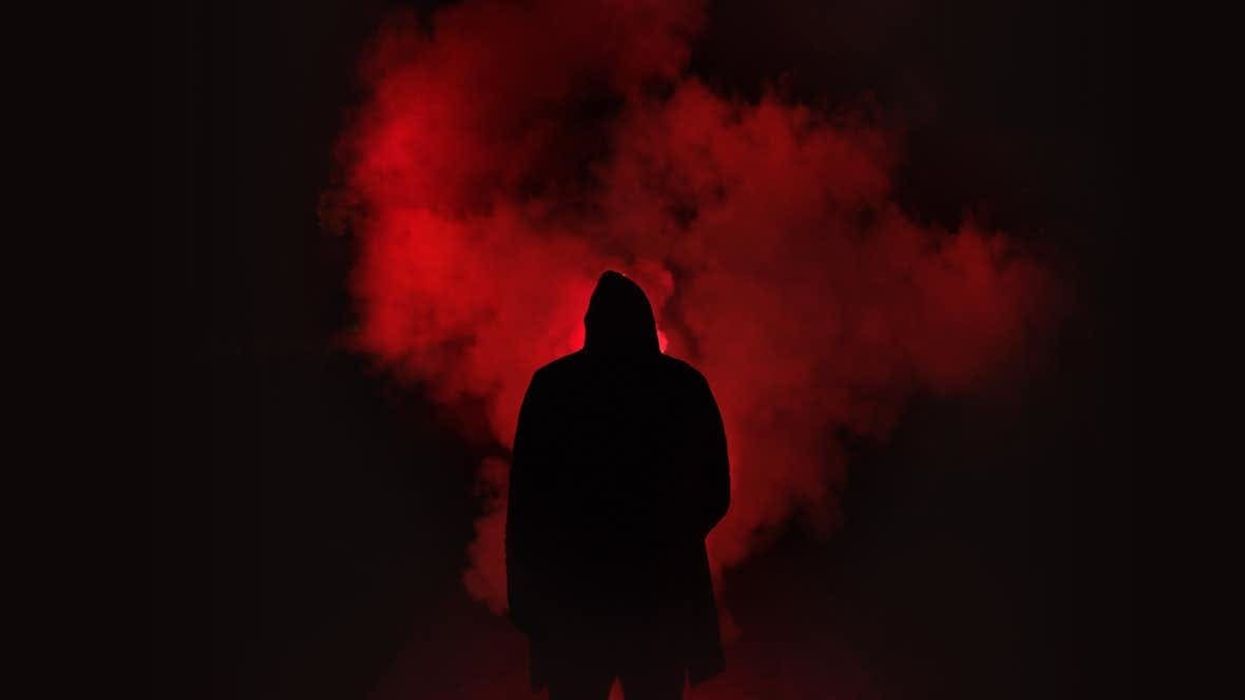






 11 Signs You've Greened Out and How to Handle It - The Bluntness
Photo by
11 Signs You've Greened Out and How to Handle It - The Bluntness
Photo by  11 Signs You've Greened Out and How to Handle It - The Bluntness
Photo by
11 Signs You've Greened Out and How to Handle It - The Bluntness
Photo by 









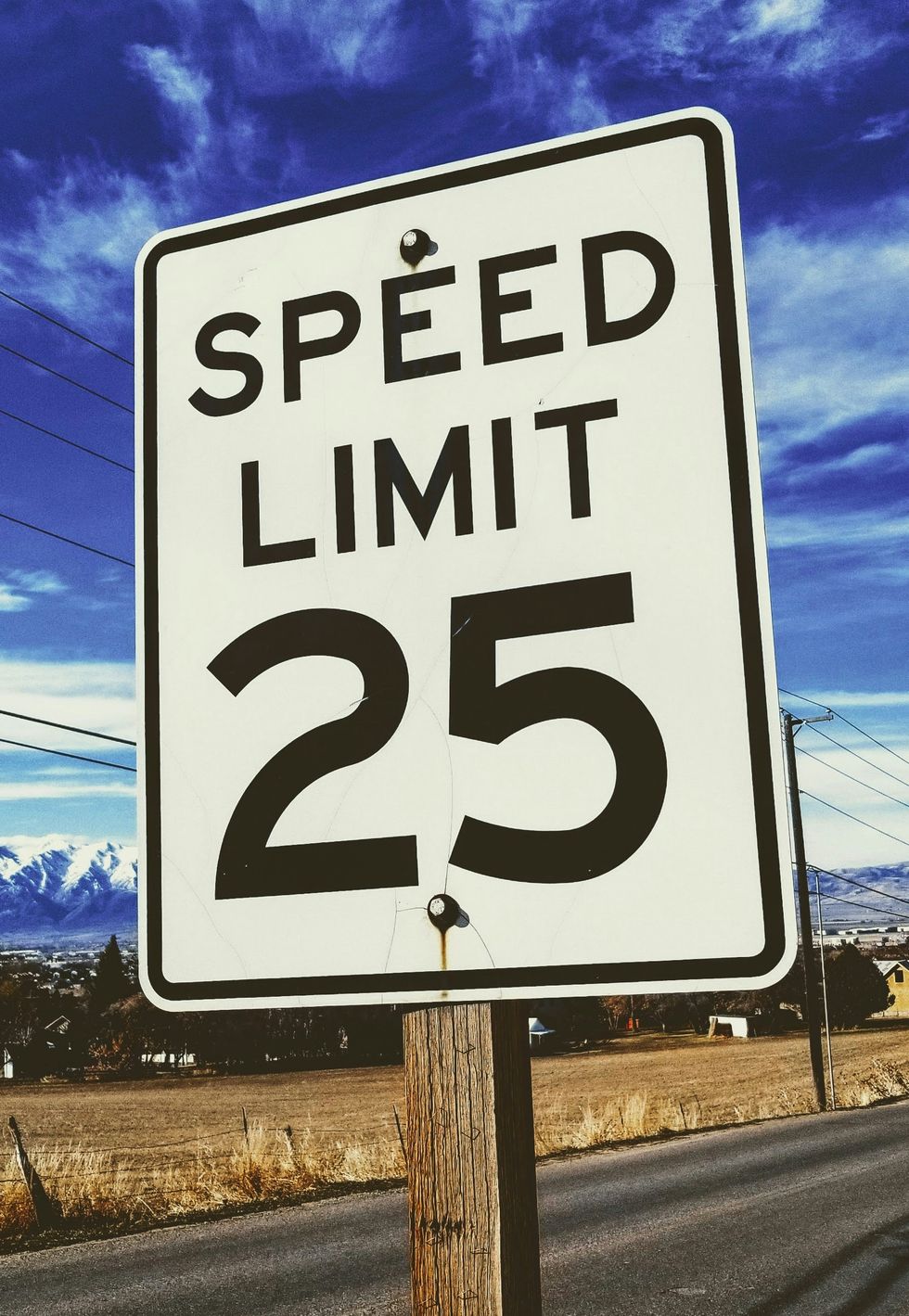



 The Truth About THC Candle: Cannabis Candles & How to Make Your Own - The Bluntness
Photo by
The Truth About THC Candle: Cannabis Candles & How to Make Your Own - The Bluntness
Photo by 
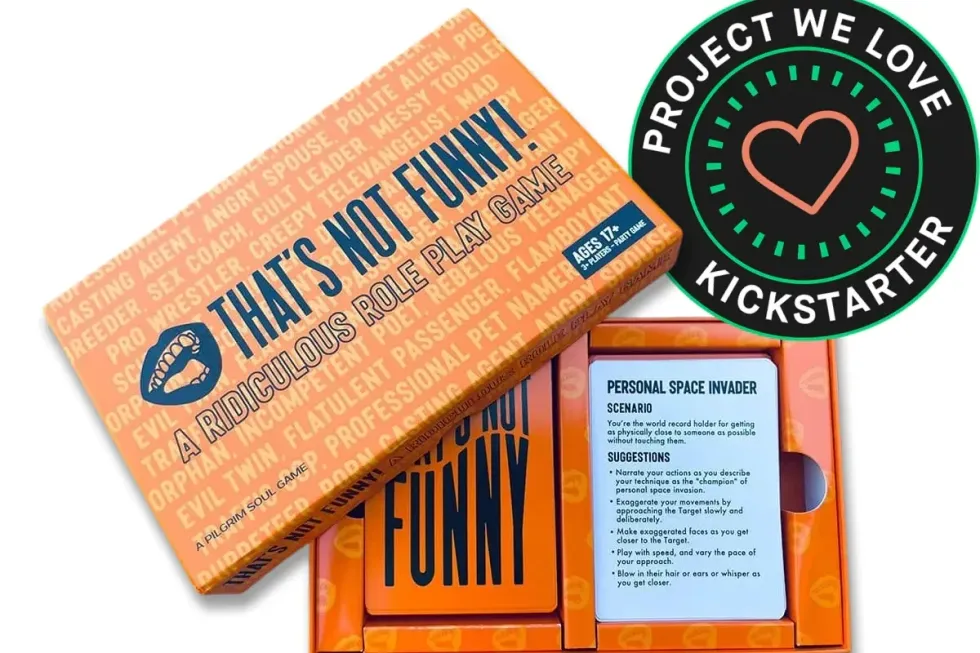
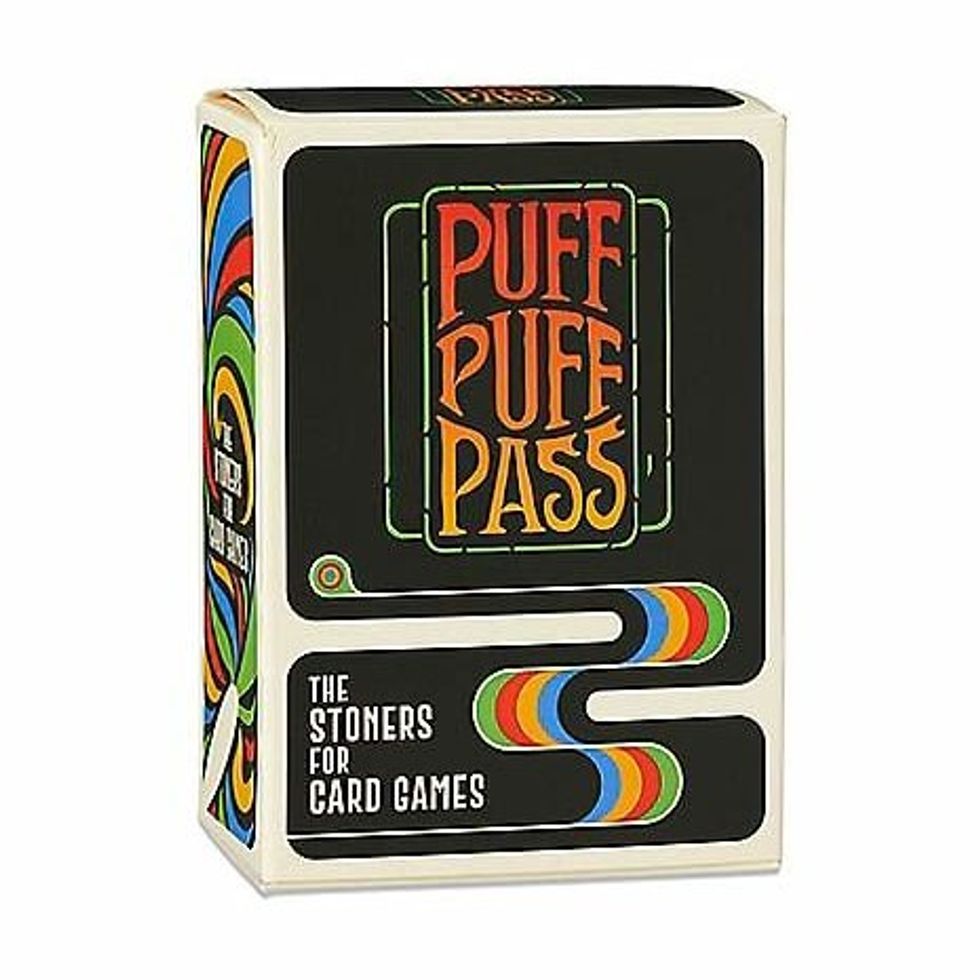

 Best Weed Smoking Games to Try - Jammin'
Best Weed Smoking Games to Try - Jammin' The 31 Best Weed Smoking Games To Try
The 31 Best Weed Smoking Games To Try The Best Weed Smoking Games
The Best Weed Smoking Games The Best Weed Smoking Games to Try
The Best Weed Smoking Games to Try
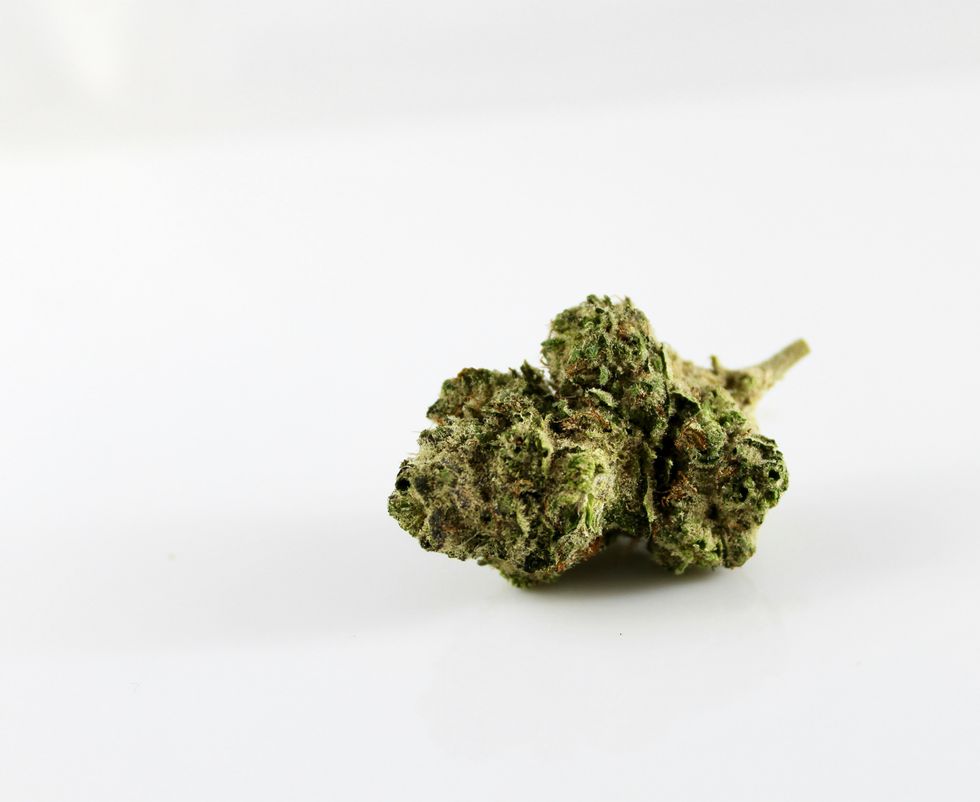
 Stoner Games - Games to Play While High
Stoner Games - Games to Play While High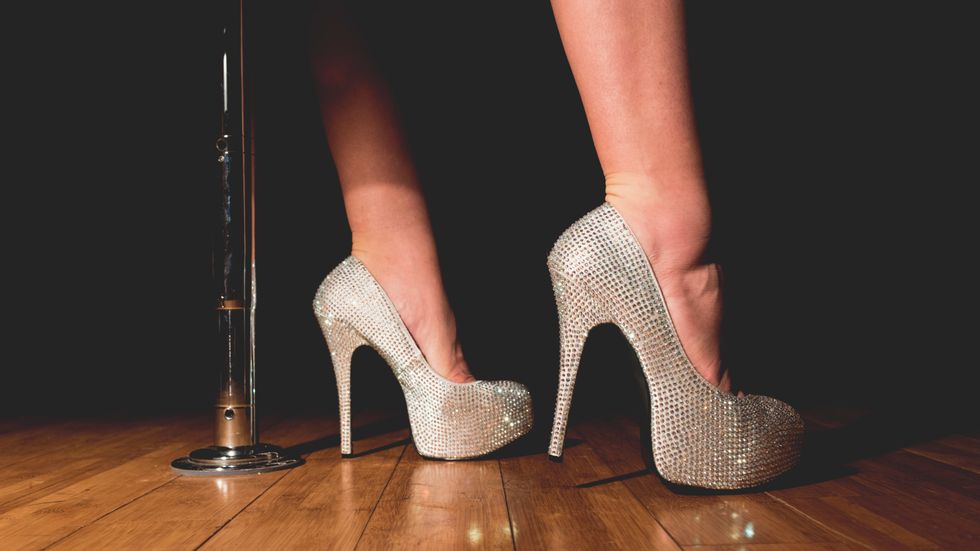 The Best Weed Smoking Games to Play
The Best Weed Smoking Games to Play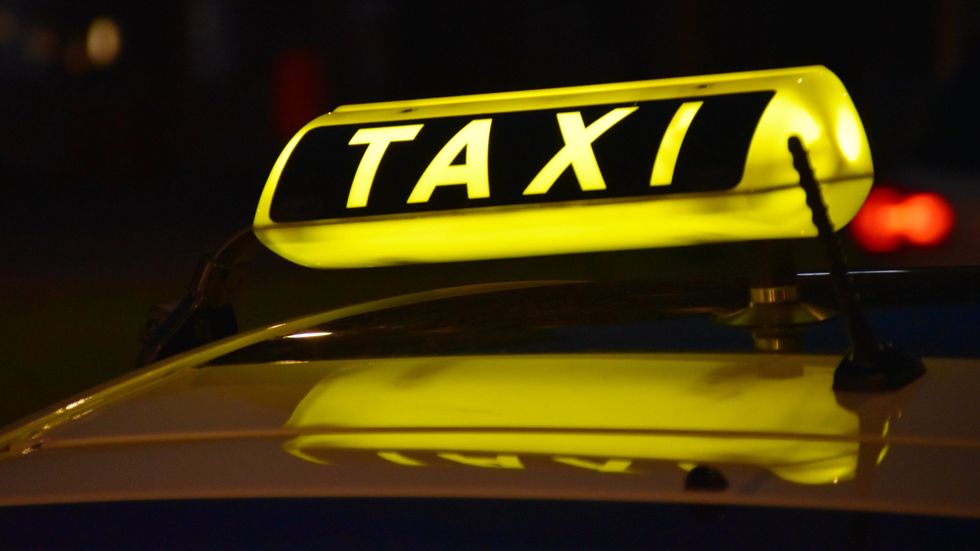 The Best Weed Smoking Games to Try
The Best Weed Smoking Games to Try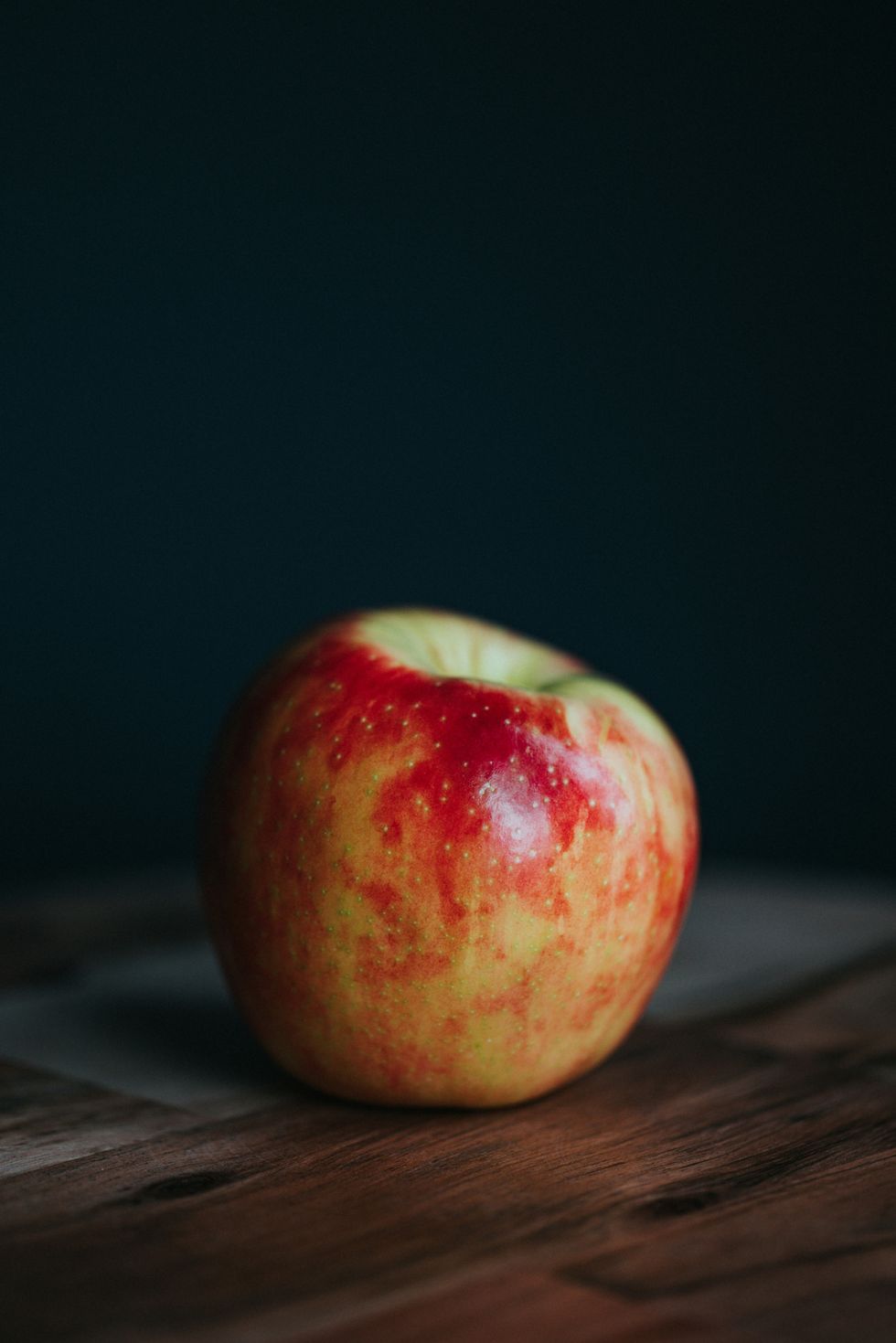
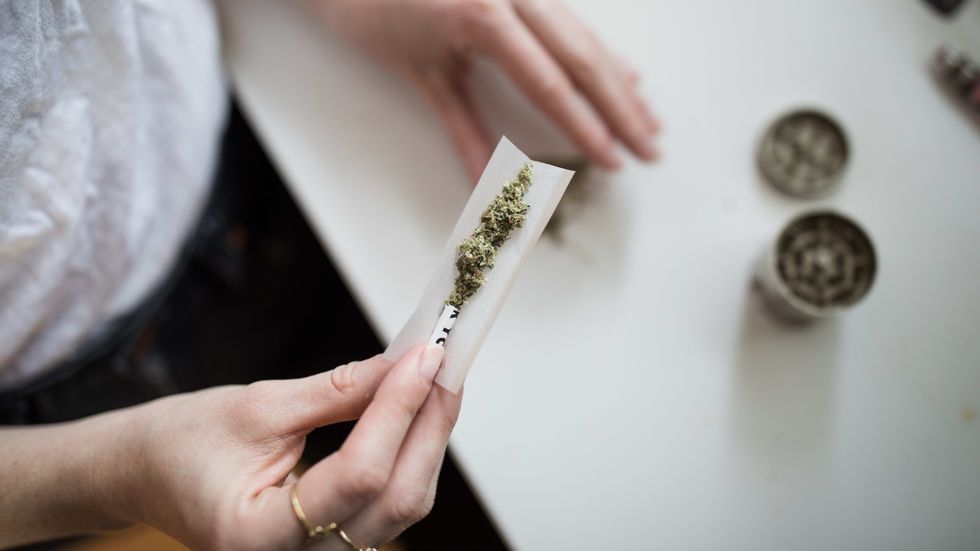 The Best Weed Smoking Games to Try
The Best Weed Smoking Games to Try
 The Best Weed Smoking Games to Play
The Best Weed Smoking Games to Play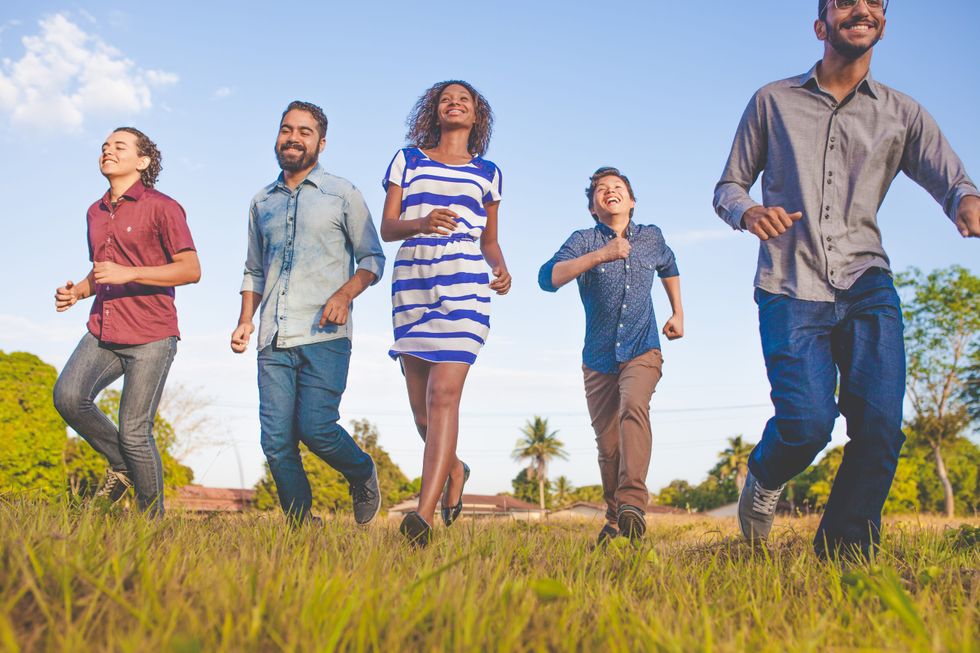 The Best Weed Games to Play
The Best Weed Games to Play The Best Weed Smoking Games to Try
The Best Weed Smoking Games to Try The Best Weed Smoking Games to Play
The Best Weed Smoking Games to Play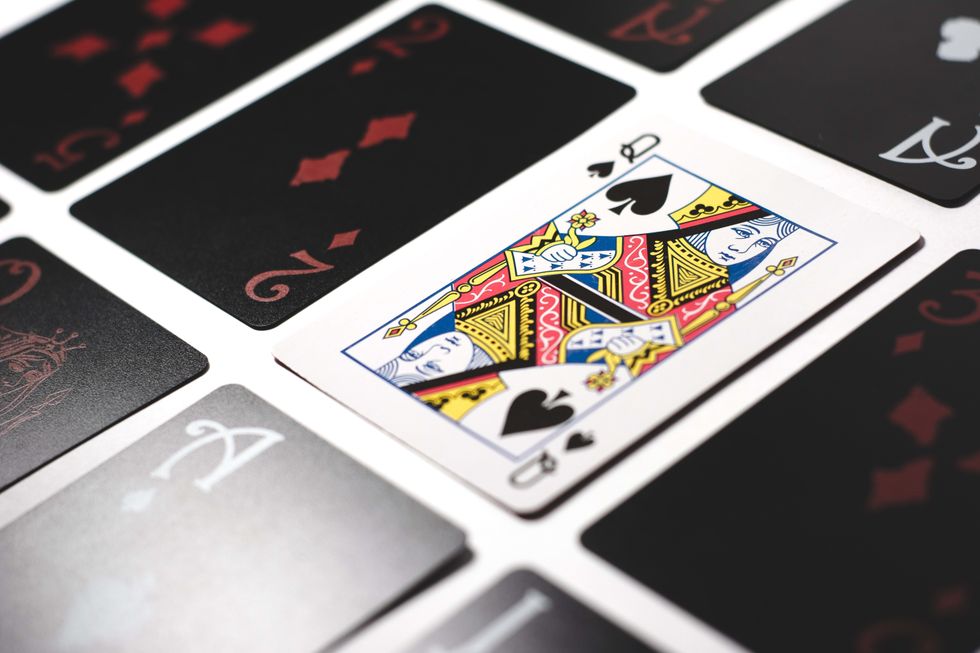 The Best Weed Smoking Games to Try
The Best Weed Smoking Games to Try Games for Stoners
Games for Stoners 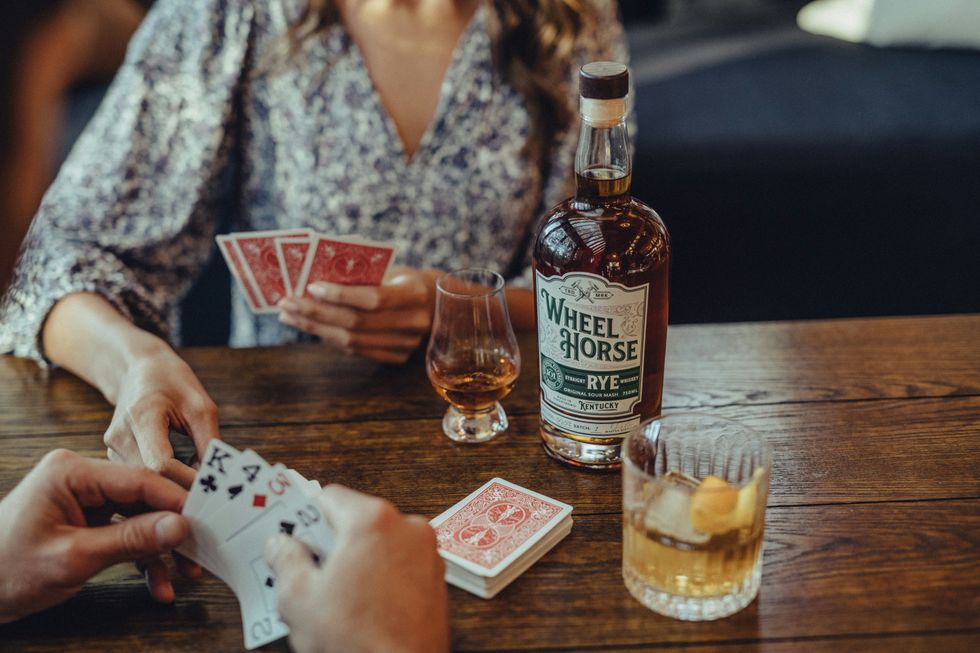 woman in white and blue floral shirt sitting beside woman in white and black floral shirtPhoto by
woman in white and blue floral shirt sitting beside woman in white and black floral shirtPhoto by 
 The Best Weed Smoking Games to Play
The Best Weed Smoking Games to Play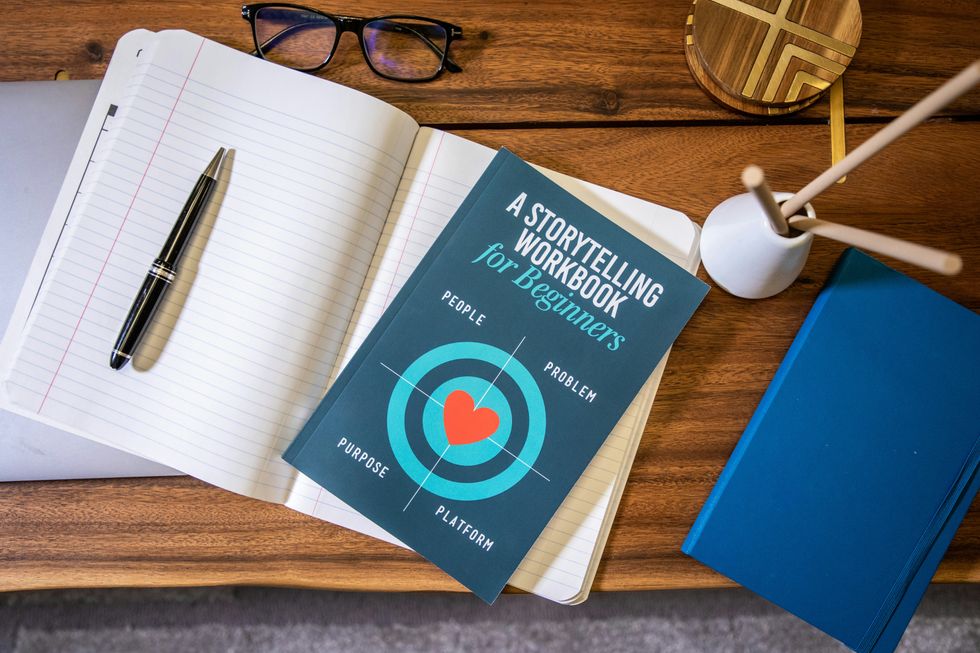
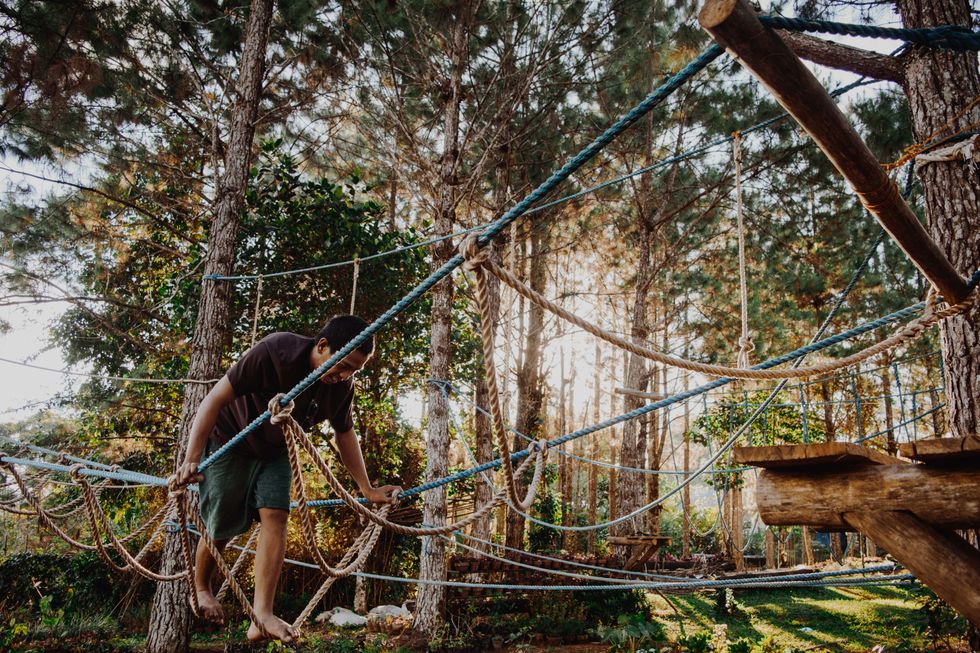 The Best Weed Smoking Games to Try
The Best Weed Smoking Games to Try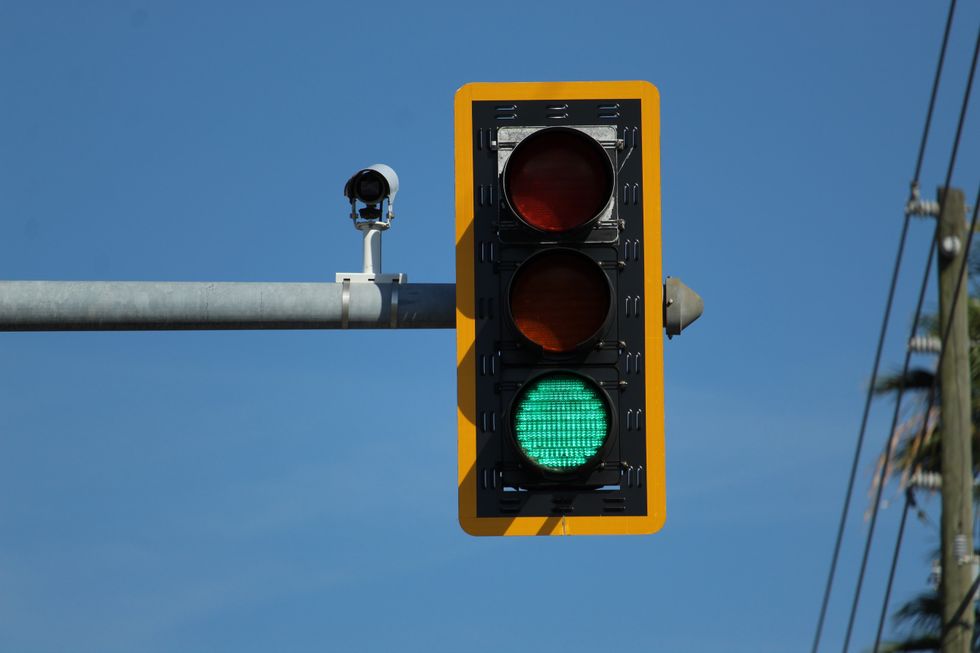 The Best Weed Smoking Games to Try
The Best Weed Smoking Games to Try world map with pinsPhoto by
world map with pinsPhoto by 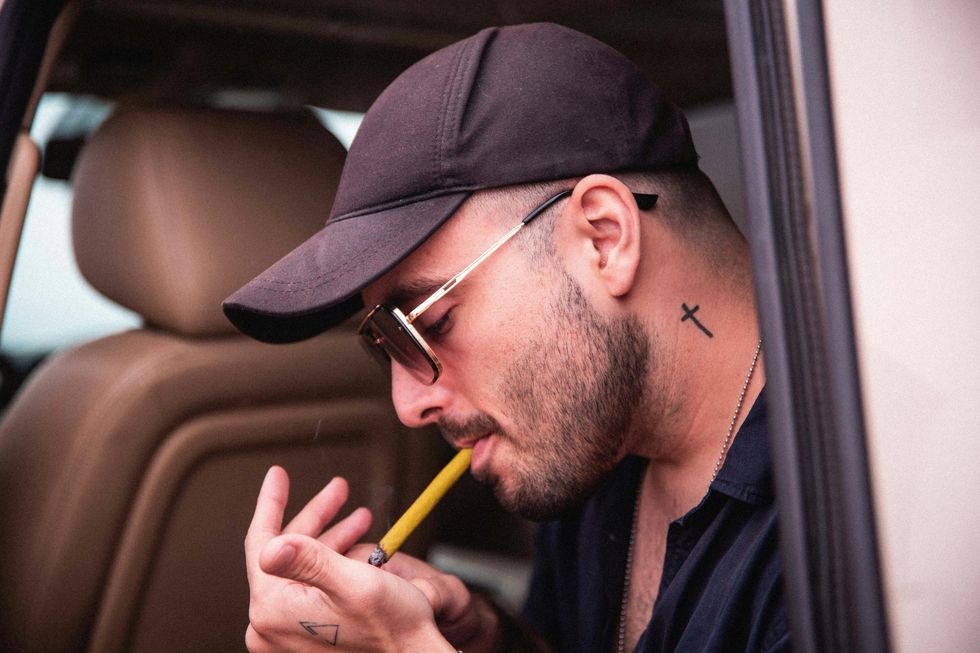
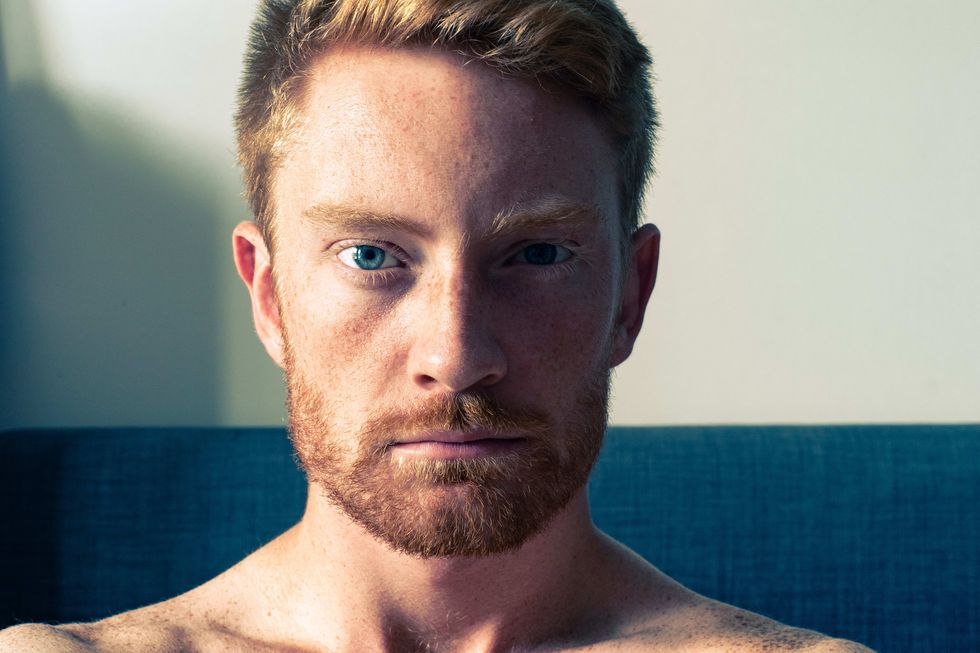 The Best Weed Smoking Games to Try
The Best Weed Smoking Games to Try
 Can Drug Dogs Smell Edibles? - The Bluntness
Photo by
Can Drug Dogs Smell Edibles? - The Bluntness
Photo by 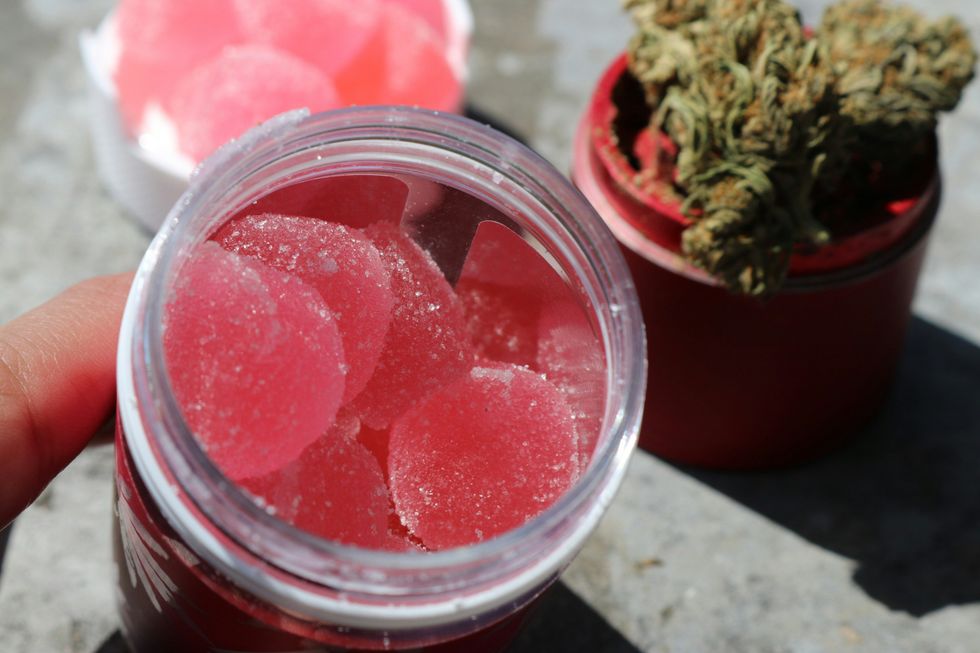 Can Drug Dogs Smell Edibles? - The Bluntness
Photo by
Can Drug Dogs Smell Edibles? - The Bluntness
Photo by